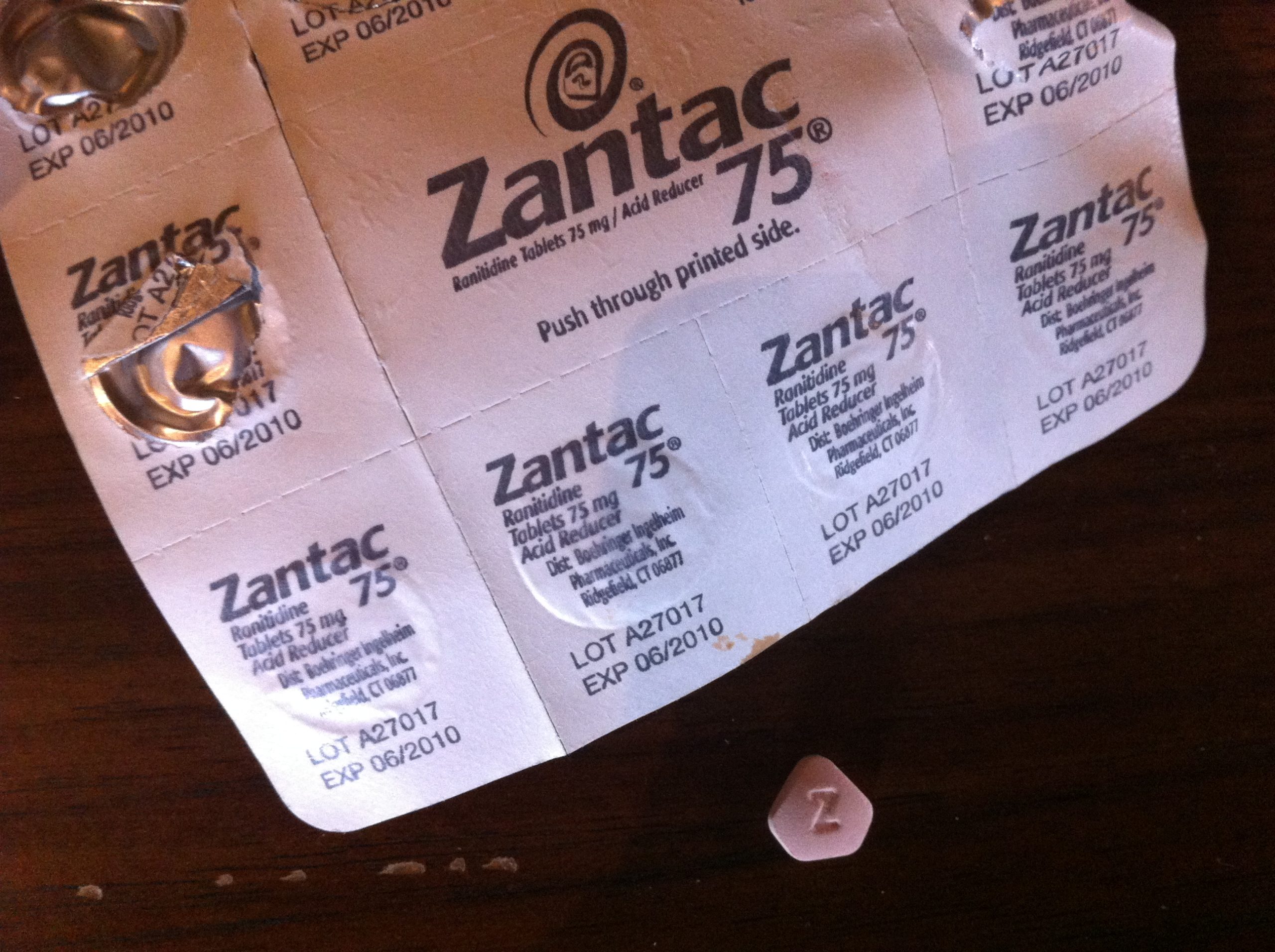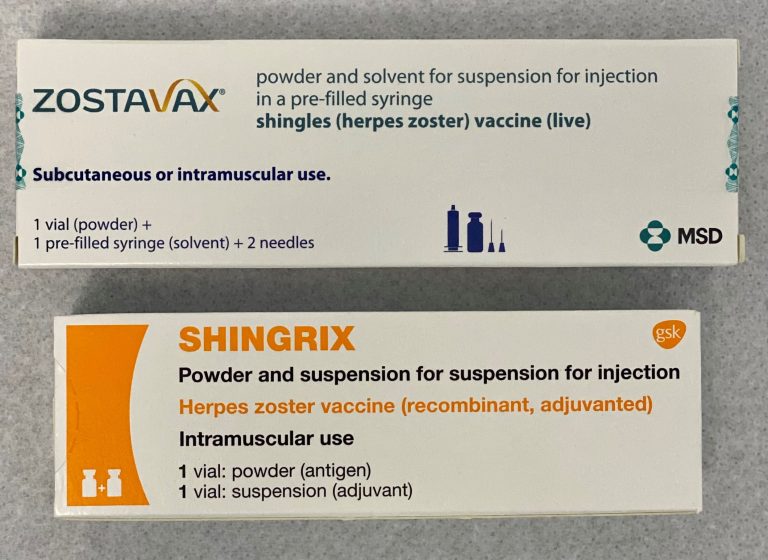GSK plc has confirmed that the Company has taken the first step to seek appeal of the recent Daubert ruling, made by the Delaware Superior Court, which permits plaintiff expert testimony as part of the Zantac (ranitidine) litigation in Delaware. GSK strongly disagrees with the Delaware Superior Court’s ruling and has filed an application with the court to appeal to the Delaware Supreme Court for interlocutory review of the decision. Pfizer, Sanofi, and Boehringer Ingelheim are all parties to the application.
· Delaware Superior Court’s ruling inconsistent with how Daubert standard* has previously been applied in Delaware and federal courts
· Application has been filed seeking right of appeal to the Delaware Supreme Court
· GSK, Pfizer, Sanofi, and Boehringer Ingelheim are all parties to the application
· Scientific consensus remains that there is no consistent or reliable evidence that ranitidine increases the risk of any cancer
While interlocutory reviews are granted in exceptional circumstances, GSK believes such circumstances are present here and that it is important to raise these matters now to the Delaware Supreme Court.
The Superior Court’s ruling is inconsistent with how the Daubert standard has been applied previously in Delaware and federal courts. As such, differing rulings interpreting how the Daubert standard is to be applied to litigation before Delaware Courts, now exist. The Superior Court’s ruling would therefore have profound implications for all companies and businesses incorporated in Delaware.
If the Delaware Superior Court grants the application for appeal, the case for interlocutory review of the decision will proceed to the Delaware Supreme Court for consideration.
If the Delaware Superior Court rejects the application, GSK and the other defendants will seek leave to appeal directly to the Delaware Supreme Court.
A decision, on whether to grant interlocutory review and hear the appeal, would be expected from the Delaware Supreme Court sometime later this year.
The scientific consensus remains that there is no consistent or reliable evidence that ranitidine increases the risk of any cancer. There are 16 epidemiological studies looking at human data regarding the use of ranitidine, including outcomes for more than 1 million patients using ranitidine, supporting this consensus.
GSK remains committed to vigorously defending itself and managing this litigation in the best interests of the Company and its shareholders.
* Also known as the “Daubert Test,” the Daubert standard is a method used by US courts to determine whether or not expert testimony should be admissible at trial. This standard applies to both civil and criminal cases and can be raised by either the defendant or plaintiff. The standard came about because Federal Rule of Evidence 702 requires that expert testimony consists of scientific, technical or other specialised knowledge that legitimately helps the judge or jury understand the evidence or issues that have been raised in the case. A Daubert ruling, issued by the court, determines whether or not the testimony is admissible.









































